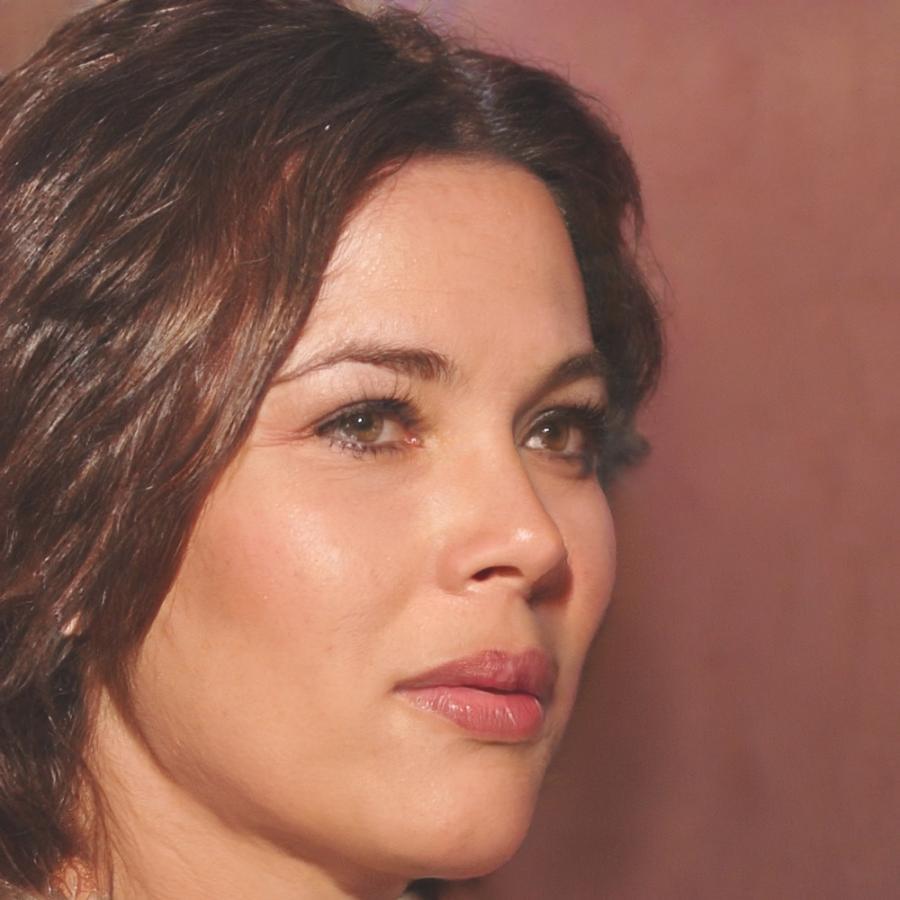
Before You Begin Your Financial Journey
A few simple steps to prepare yourself for success in making smarter financial decisions.
Essential Preparation Steps
Getting ready to take control of your finances isn't complicated, but it does require a bit of preparation. I've found that students who come prepared tend to get much more out of our resources. Here's what you'll need to do before diving in:
- Gather your recent financial statements — bank accounts, credit cards, loans, investments. Even if they're a mess (trust me, we've all been there), just having them accessible will help immensely.
- Write down your current monthly income and a rough estimate of your expenses. Don't worry about being exact; we'll refine this later.
- Set aside at least 2-3 hours a week for learning and implementing financial strategies. Small, consistent efforts create big changes over time.
- Have a notebook or digital document ready for taking notes and tracking your progress — this journey is as much about mindset as it is about numbers.
- Think about your financial goals, both short-term (next year) and long-term (5+ years). What do you really want your money to do for you?

Emily Richardson
Lead Financial Advisor
I've been helping people make sense of their finances for over 15 years. I believe everyone deserves financial clarity, regardless of their starting point. My approach focuses on practical, actionable steps rather than complex financial jargon. I'm looking forward to guiding you through your financial journey!

Before starting with Atrea, I was overwhelmed by my finances and avoided looking at my accounts. The preparation steps seemed so simple, but they changed everything. Just gathering my statements and setting aside regular time to focus on my money has helped me pay off ,000 in debt in just 8 months. Don't wait to get started — the hardest part is just beginning.
Program Graduate, Vancouver
Recommended Resources
While you're waiting to begin, here are some helpful resources that'll give you a head start. I've picked these specifically because they've helped so many of my students get in the right mindset.
Financial Terms Glossary
Our simple guide that breaks down common financial terms into plain English. Perfect for beginners who feel intimidated by financial jargon.
Money Habits Calendar
A printable 30-day calendar with small daily financial tasks to help you build positive money habits before starting the full program.
Budget Template
A straightforward budgeting spreadsheet to help you organize your finances. Start using this now to get familiar with tracking your money.
Ready to Take Control of Your Finances?
You've taken the first step by reviewing how to prepare. Finance isn't about perfection — it's about progress. Start with these simple steps, and remember we're here to guide you through every stage of your financial journey.
Learn More About Our ApproachWhat to Expect
Starting a financial education journey can feel a bit overwhelming. Let me walk you through what our approach looks like, so you know exactly what's coming:
- We begin with fundamentals — creating a clear picture of where you stand financially today, without judgment. Everyone starts somewhere!
- You'll learn practical skills first, like tracking expenses and creating a sustainable budget that actually works for your life (not some idealized version of it).
- We focus on small wins to build momentum. Too many financial programs try to change everything at once, which rarely works in real life.
- As your comfort grows, we'll tackle more complex topics like debt reduction strategies, building savings, and eventually investing for your future.
- Throughout the process, we emphasize developing a healthier relationship with money — addressing the emotional and psychological aspects that influence financial decisions.

